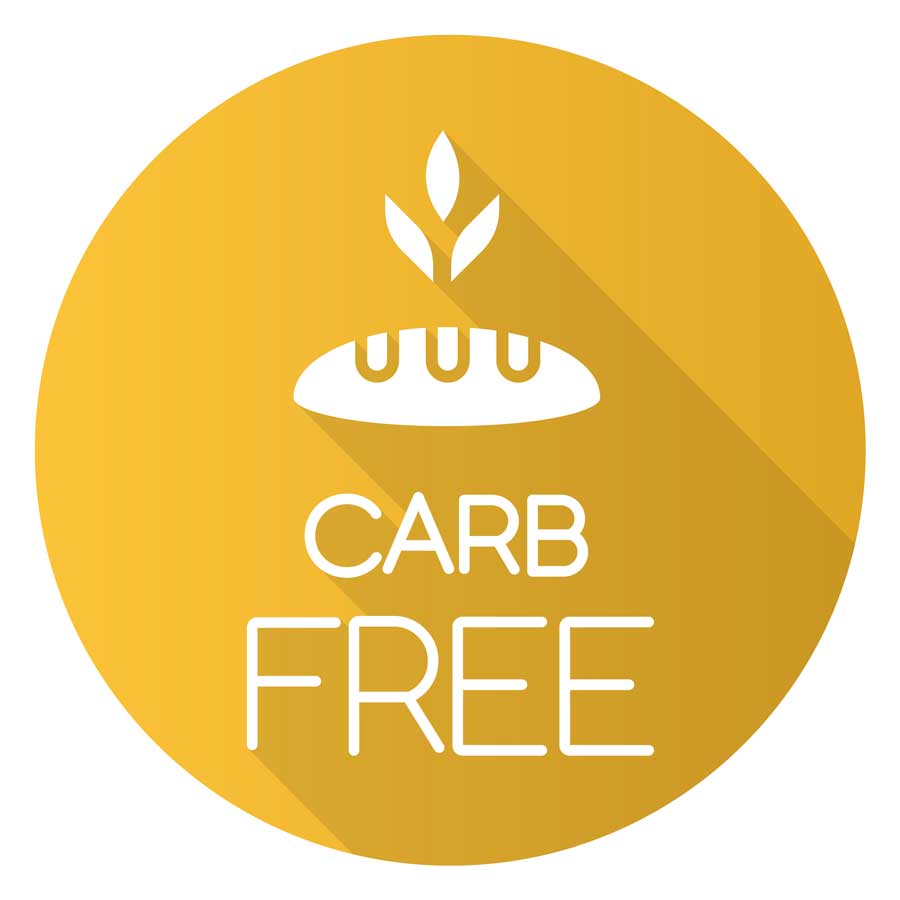
At Junkyard Training, our trainers, our facility, and our recovery services are all designed to help you feel and perform your best. Those two things are the most important things. But it is impossible to be in the health and fitness sphere without coming into contact with the ideals of diet culture.
Diet culture is a set of beliefs that in its essence equates thinness to fitness and only believes that one type of body can be healthy. It touts lies about nutrition and spreads fear of certain foods. Because it places morality on foods with some foods being “good” and some being “bad”, it has led many to disordered eating. So, what exactly are some lies that diet culture wants you to believe?
There is a lot of fear mongering when it comes to carbs in the wellness community. Wellness influencers want you to believe that the only way to lose weight and stay fit is to limit your carb intake. The truth is, though, that carbs do not inherently cause you to gain weight. In fact, carbs are a necessary fuel source. Carbs give your body the energy it needs to push harder and reach PR’s. Of course, everything in moderation. Can an over consumption of carbs cause you to gain weight? Of course. But a healthy amount of carbs actually plays a major role in helping our bodies feel satisfied and as a result, they can help stave off hunger and reduce the urge to overeat.
Diet culture messages are very black and white and absolute. And another one of their “bad” foods is sugar. It has been well researched that an excess of sugar can lead to negative effects on the body, but sugar in moderation is a perfectly acceptable source of energy and just enjoyment. There are so many forms that sugar can take but all sugar gets converted the same way so that your body can use it. So whether it is honey, agave, or white sugar, when consumed in moderation these things will not hold you back from your fitness goals.
Foods are not “good” or “bad”. Food does not have moral value. But “clean” is a term that is often used by wellness influencers today. What does “clean” food even look like? There’s no true definition. It is different to everyone that uses it. Instead of assigning foods moral values, we should focus on how food makes us feel. Is it nutritious? Does it help you work harder in the gym? Does it make you feel good? Is it comforting? Does it bring you joy? It is important for a diet to be varied, to fuel you, but also to make you happy. Food is a large source of enjoyment and it helps us feel connected to others when we eat together. It is more than just one thing.
There are more beliefs than the ones we've mentioned today that are woven into diet culture, these are just a few of the most common ones. Don’t let diet culture get in your head. See these messages for what they really are; lies.
Recent:
Categories
Archive
Aug 2024
Jul 2024
Jun 2024
May 2024
Apr 2024
Mar 2024
Feb 2024
Jan 2024
Dec 2023
Nov 2023
Oct 2023
Sep 2023
Aug 2023
Jul 2023
Jun 2023
May 2023
Apr 2023
Mar 2023
Feb 2023
Jan 2023
Dec 2022
Nov 2022
Oct 2022
Sep 2022
Aug 2022
Jul 2022
Jun 2022
May 2022
Apr 2022
Mar 2022
Feb 2022
Jan 2022
Dec 2021
Nov 2021
Oct 2021
Sep 2021
Aug 2021
Jul 2021
Jun 2021
May 2021
Apr 2021
Mar 2021
Feb 2021
Jan 2021
Dec 2020
Nov 2020
Oct 2020
Sep 2020
Jul 2020
Jun 2020
May 2020
Apr 2020
Mar 2020
Jan 2020
Sep 2019